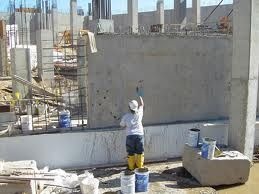Water as a construction has a wide range of utility and is in general use for:
i) Cleaning and washing,
ii) Preparation of clay and in all types of mortar and concrete,
iii) Soaking bricks before use in pacca masonary,
iv) Curing mortar and concretes,
v) Staunching, puddling and compacting earthen embankments, and
Miscellaneous industrial and manufacturing processes.
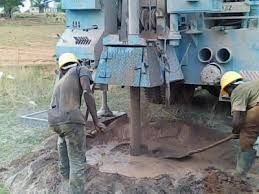
Quality Water fit for drinking is generally suitable for use on all types of construction jobs. It should be free from organic or inorganic impurities, earth, salts and any other substance likely to cause efflorescence or interference with setting of mortars or otherwise prove harmful to work.
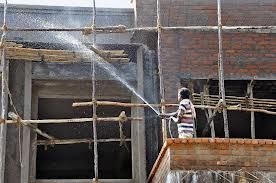
Even traces of tannic acid and sugar are harmful to concrete. Marsh water containing humic acid or free carbonic acid is harmful but water containing dissolved carbonic acid is is not. Effluents from sewerage works, gas and printing works can be detrimental while effluents from oil refineries, breweries and soap factories may or may not be harmful.
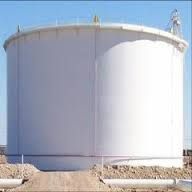
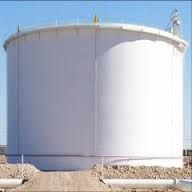
Water containing acid, sulphates, chlorides, carbon dioxide are harmful and should not be used. Sea water, though not particularly detrimental to the strength of concrete should not be used on account of the danger of corrosion of reinforcement and efflorescence. Contamination in water can be detected by inspection, taste and smell. If contamination is suspected, water should be tested in a laboratory before its use is permitted.
Water is required to be stored at the site of work in watertight tanks or containers in sufficient quality so that work is not held up at any stage for want of water. This storage shall be covered so that no dust or impurities are imparted to the water. Long storage should be avoided, to eliminate stagnation and week growth. Broadly speaking any water which does not show an intensive odour or brackish taste shall be considered suitable for building works.